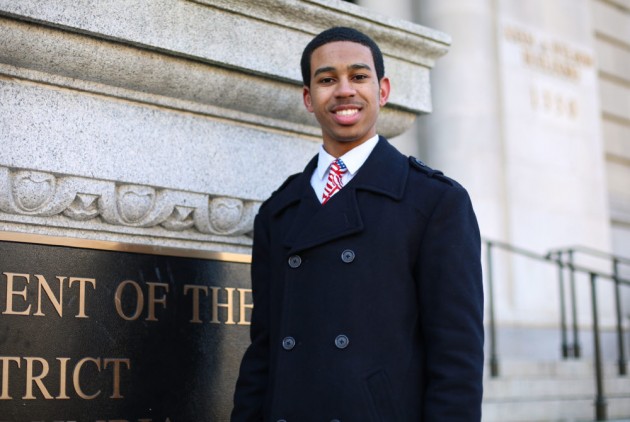James Forman, Student Nonviolent Coordinating Committee (SNCC) pioneer died on Monday, January 10 at a hospice in Washington of colon cancer at the age of 76.
According to his son, Chaka Esmond Fanon Forman, in an interview with the Associated Press, Foreman was diagnosed with cancer in 1991.
Forman, a native of Chicago began his reign in politics as a student at Roosevelt University in Chicago after transferring from the University of Southern California where he was beaten and arrested by police. While at Roosevelt University he became instrumental as a leader in student politics.
After graduating from Roosevelt in 1957 he went on to attend graduate school at Boston University. During this time he gradually became active in the Civil Rights Movement. He also served as a reporter for the Chicago Defender where he covered the desegregation crisis in Little Rock.
A few years later he was arrested while protesting segregated facilities in Monroe, North Carolina. His sentence was soon after suspended and he accepted a position as executive secretary for the SNCC.
In this role he became popular because of his radical ideas and enthusiasm for tackling administrative tasks. Forman also gained respect because he was older than most of the members involved with the organization.
Forman was committed to building ties between African Americans and activists abroad as the director of international affairs for the SNCC.
He traveled to Europe and Africa.
In 1968, Forman was expelled from the SNCC and joined the League of Revolutionary Black Workers. While working under this organization he gained attention for his bold and aggressive actions.
A year later, Forman became one of the first notable black figures to demand reparations for blacks when he interrupted a religious service at a Riverside Baptist Church in New York to deliver his “Black Manifesto.” In this plan, he demanded that 500 million dollars be paid to blacks as reparations, criticizing the American government for its role in the slave trade.
News of Forman’s death is getting mixed reviews from Black students around the country.
“I don’t by any means want to belittle the works that he did during the Civil Rights Movement for black people, however as a woman and feminist I hate that it had to come at the expense of black women and the way that they were viewed” said Nadia Brown, a first year Ph.D. student in political science at Rutgers University in Newark, New Jersey.
Forman was a controversial figure because of his ideal and beliefs surrounding the roles and duties of women which were considered outdated by some people.
On the other hand, Jacques Purvis, a senior, political science and psychology major at Howard University in Washington feels that Forman’s contribution, to not only African Americans, but to the Civil Rights Movement for equality for all is truly appreciated by those who have benefited from his generation of thought.
Purvis and Brown, however both share similar sentiments about the need to continue the fight the equality, as well as the legacy begun by previous civil rights pioneers.
They both also acknowledge another civil right pioneer, Shirley Chisholm, who also died this month. Chisholm, who was 80 at the time of her death, was the first African American and African American woman to be elected to Congress and to run for president of the U.S.
Purvis says “it is truly a tragedy for us to lose many of our civil rights leaders who have such a rich history to transfer to the students of today.”



